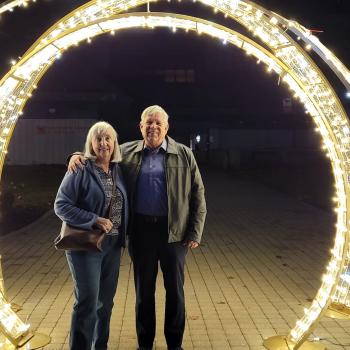Here’s a nice story by Larry Hurtado about a recent trip to Dublin to see the Chester Beatty papyri…. some of our earliest fragments of NT manuscripts.
Dublin: Papyri
by larry hurtado
Yesterday, accompanied by my new colleague, Dr. Matt Novenson, and 11 of our PhD students, I went to Dublin to visit again the Chester Beatty Library and give a little workshop focused on their fabulous collection of biblical papyri. Out on a 8.10 a.m. flight there and back in Edinburgh by 9 p.m. (ca. 50 minutes travel time each direction), it is a great to have the CBL so accessible.
Having established a connection with the CBL over a number of years and such visits now, they kindly agree to put us in a private room and bring out the pre-selected folios that I request. So, the students were able to do an “autopsy” examination of these pages. I had selected folios from several different codices that illustrated different features of interest, such as page-numbers, elementary punctuation, reader’s marks, corrections, and in the case of the Daniel text even clear chapter division. All these in mss palaeographically dated variously ca. 150-250 CE.
The various early biblical codices also illustrate different early approaches to codex construction, and to text-layout. So, e.g., the Numbers-Deuteronomy ms features double-column layout, whereas most others (e.g., the Gospels and Pauline codices) have one full-page column layout. We were able to discuss what all these features and layout choices may tell us about the aims of the copyists and early users of these texts.
A couple of students also noted a variant reading in P46 (the Pauline codex) not registered in the Nestle-Aland 27th edition. In 1 Cor 8:6, in the line that reads in N-A27 “εις θεος ο πατηρ,” P45 reads “εις θς και ο πρ” (I’ve retained the “nomina sacra” forms of words used in P46 here).
It’s always exciting to be able to see directly and even handle copies of these writings made by and for Christians in that early period. It’s one of the opportunities we offer to PhD students here.
















